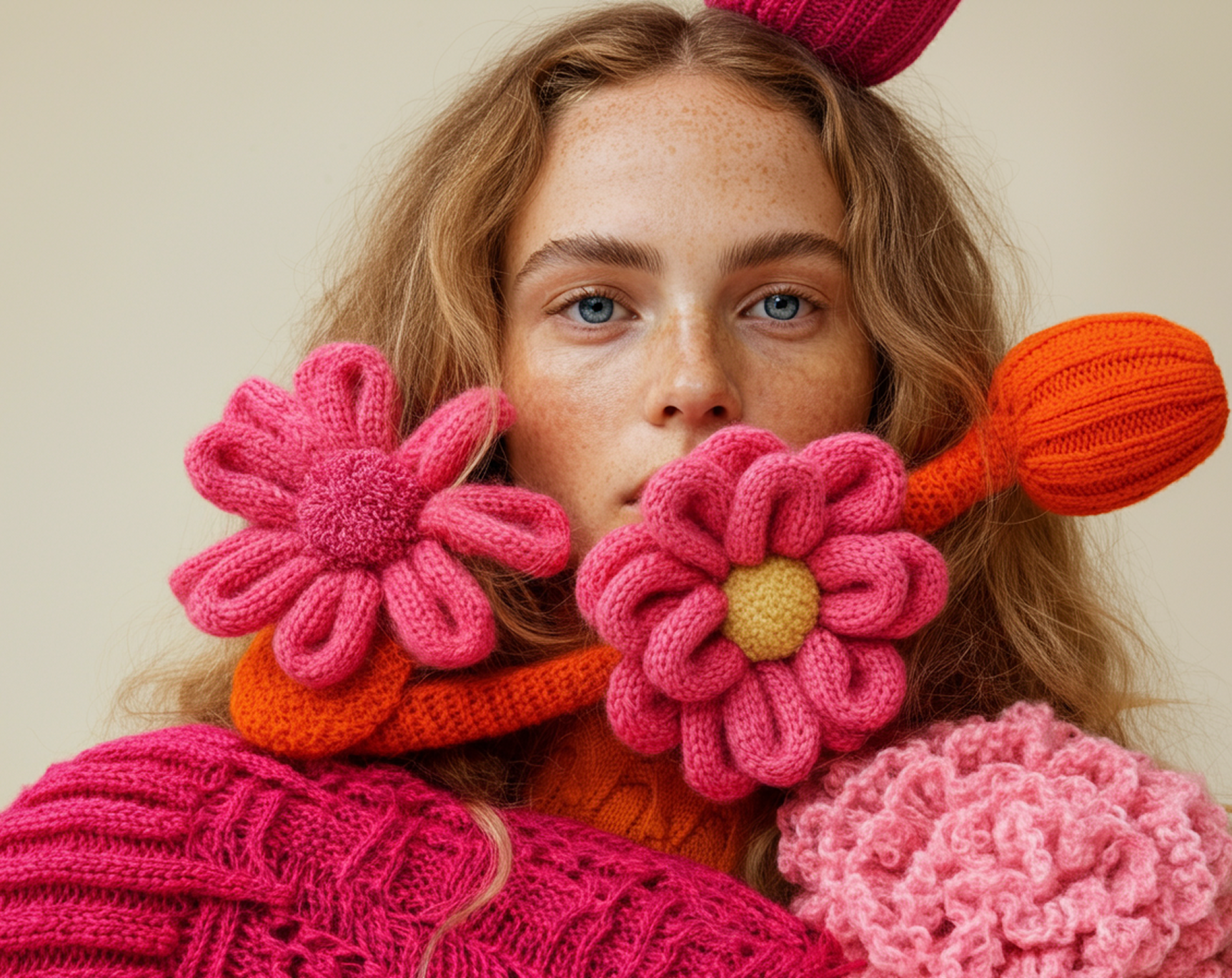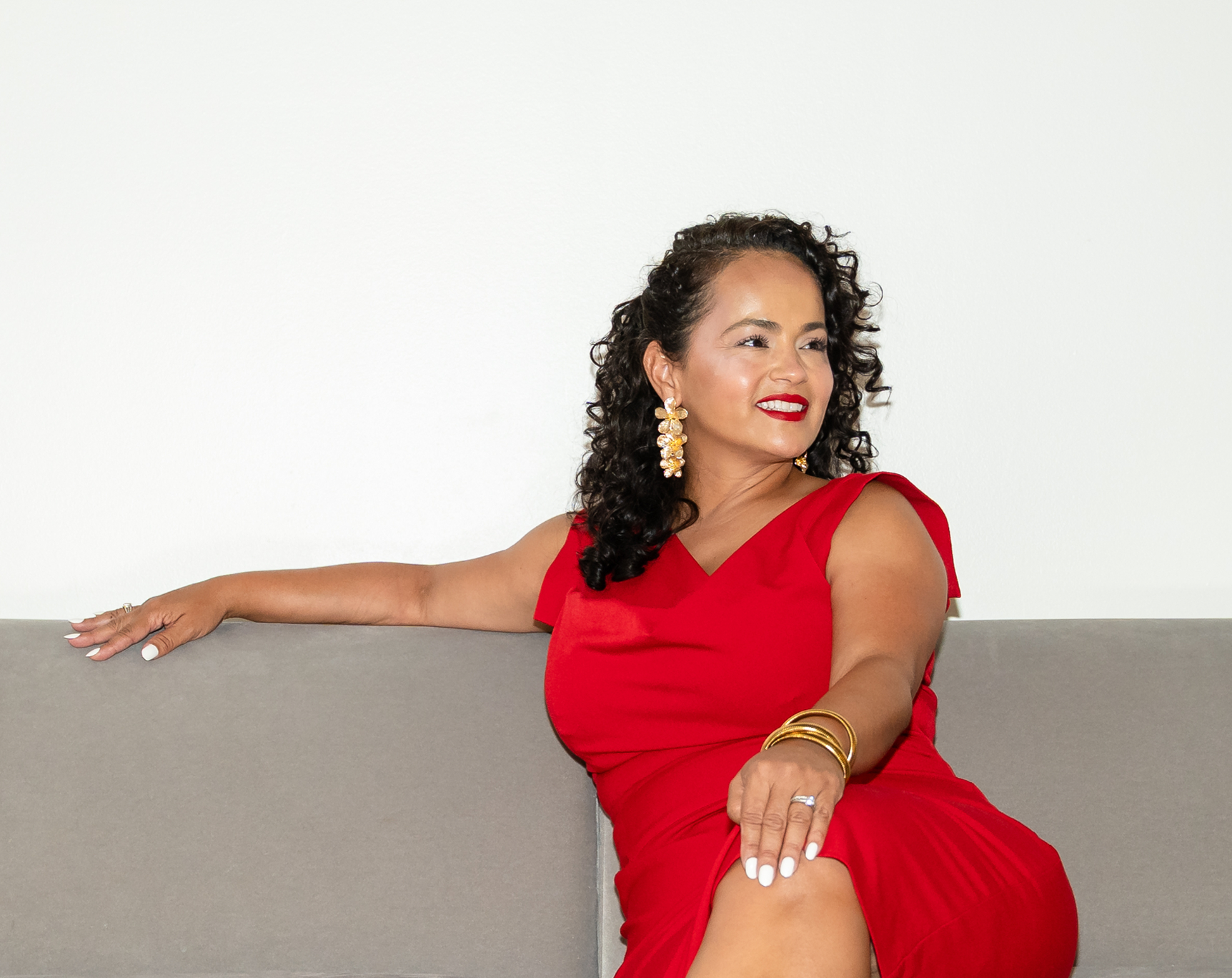The transformation wasn’t sudden, but it was irreversible. It slipped through the cracks of tradition and now occupies spaces that were once denied.
In 2024, 45% of women in the United States are the primary breadwinners in their households. In Europe, over 32% of women between 30 and 45 have chosen not to marry. In Japan, the term ‘Onna no Keikaku’ describes women who have decided to prioritize their careers and personal growth over marriage.
But this shift isn’t confined to the world’s major capitals. It’s in the entrepreneur launching a business in Nigeria, the law student in Pakistan, the designer leaving Paris to build something of her own in Seoul.
In Saudi Arabia, the number of women who have become the primary financial providers for their families has increased by 82% in the last decade.
In Nigeria, 60% of new businesses are being founded by women who are no longer waiting for opportunities but creating them.
In South Korea, 35% of women between 30 and 40 have chosen not to marry, challenging traditional expectations.
It wasn’t society that changed. It was women who stopped asking for permission.
Questions That Aren’t Looking for Answers
Some questions aren’t really questions.
Some words aren’t doubts, but warnings.
For centuries, a woman’s worth was tied to her ability to be chosen. Love was her highest credential, external validation her ultimate reward.
And though the rules have changed, the astonishment remains.
In France, 51% of single women report feeling happier than their married counterparts.
In Japan, they are called ‘Onna no Keikaku’ (women with a plan) because they have chosen to prioritize their careers and personal ambitions over marriage.
In Latin America, 34% of surveyed women say their greatest fear is not loneliness, but losing their identity within a relationship.
And yet, conversations about them rarely center on their fulfillment. They are framed in terms of absence, as if a woman’s ultimate purpose is still interdependence.
“Aren’t you afraid of ending up alone?”
“Maybe your standards are too high.”
“Have you tried being more flexible?”
The words may change, but the message remains: make her doubt herself.
The world keeps asking. They have stopped answering.
In 2024, 45% of women in the United States are the primary breadwinners in their households
When a Woman Stops Justifying Herself, the World Around Her Shifts
There is an unspoken truth about women who choose themselves: the world around them responds accordingly.
Some people step away, unsettled by the loss of control over the narrative. Others stay, understanding that true loyalty isn’t demanding that you remain the same—it’s allowing you to evolve.
The friend who no longer asks, “Are you sure?” and instead says, “Tell me everything.”
The colleague who once competed silently but now shares strategies.
The women who have realized that another woman’s success is not a threat, but a possibility.
The change isn’t only in those who leave. It’s in those who choose to stay.
“That Kind of Woman Is Intimidating”
“Men are afraid of women like you.”
It’s said as a warning.
It’s spoken as though it were a flaw, as though something needed to be corrected.
But what if it isn’t men who are afraid?
What if, for the first time, the ones who are no longer afraid… are women?

The Moment Everything Changes
This is not an act of rebellion.
This is not a declaration of war.
It’s a woman booking a table for one, without seeking refuge in her phone.
It’s an executive walking out of a meeting knowing her voice was heard—not tolerated.
It’s a mother who has realized that motherhood does not demand self-erasure, but expansion.
It’s a woman signing the purchase of her first apartment without waiting for company.
It’s a woman traveling alone because she has understood that the world is not a place to be navigated while waiting for someone else.
When Sofía stopped explaining, her family took time to understand that her life had no timeline.
When Camila stopped justifying herself, her colleagues stopped making comments about her singlehood.
When Mariana stopped apologizing for being happy on her own terms, she realized there was nothing left to defend.
But what happens when a woman stops trying to be what others expect her to be? What happens when a woman feels whole, even when the world doesn’t yet understand it?
“A woman walks unhurried through the city. In one hand, the keys to her home. In the other, the dreams she has yet to fulfill. She is in no rush. She is not looking for anyone. Happiness does not require witnesses. She knows this. Sooner or later, the world will have to understand it too.” Because the world can no longer ignore us.
And it certainly cannot stop us.




